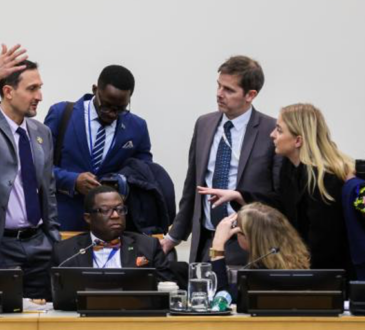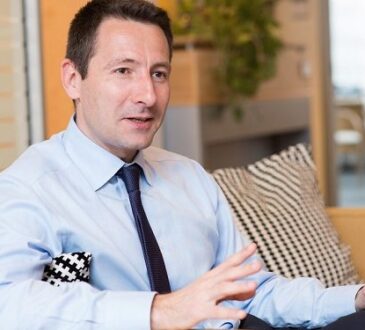
African economies have become less diversified and the competitiveness of their exports has declined, leaving the continent vulnerable to external shocks. In addition, African countries are not transforming their economies at a consistent or steady rate.
These are some of the key findings of the latest African Transformation Index (ATI), a tool used to measure the progress of African countries in relation to economic transformation. The 2023 index was launched today during a summit hosted by the African Center for Economic Transformation (ACET), the University of Pretoria’s Faculty of Economic and Management Sciences and Future Africa. The summit was in commemoration of Africa Day (May 25) and was themed: “Growth Is Not Enough. Africa Needs to Transform”.
Speaking at the summit attended by Tito Mboweni, ACET Board Chairman, and officials from institutional partners such as the Institute for Security Studies, and the South Africa Department of Planning, Monitoring, and Evaluation, University of Pretoria Interim VC and Principal, Professor Themba Mosia, said: “The context within which we convene today is one of both urgency and opportunity.”
“The imperative for economic transformation has never been more pressing, as underscored by ACET’s pioneering work in introducing the concept of ‘Growth with DEPTH.’ This analytical framework, focusing on Diversification, Export competitiveness, Productivity increases, Technological upgrading, and Human well- being, provides a roadmap for sustainable economic progress,” continued Prof Mosia.
Further unpacking the growth with DEPTH concept, Mboweni said: “Everybody talks about growth and its importance and more often than not, people think growth is going to solve everything. The view at ACET is that growth on its own is not enough. Growth is a necessary but not sufficient condition for sustainable, inclusive development. Many advisors to African governments keep on saying ‘focus on agriculture, this where you have a comparative advantage’… We need to diversify and not just rely on agriculture and fisheries, but other subsectors of the economy. Therefore, we include technological innovation in the DEPTH process. Don’t look at DEPTH as if it’s a linear idea, it’s an ecosystem.”
Key findings and recommendations
The index measures progress in economic transformation across 30 African countries, which represent 86.5% of the continent’s gross domestic product (GDP). It found that African economies have become less diversified and the competitiveness of their exports has declined. This has the potential to diminish countries’ resilience to external shocks such as negative impacts of diseases and climate change – these have already disrupted the continent’s transformation journey continuously during this century.
According to the report: “The average African Diversification score declined by almost six points between 2000 and 2020, while the Export competitiveness score remains just 13.8 out of 100. Countries with a poorly diversified economy, a high reliance on raw materials, and deeply uncompetitive exports are more likely to suffer from global price volatility and economic shocks and have their progress on economic transformation reversed.”
The report recommends that countries: “pursue a comprehensive and integrated approach to economic transformation that identifies and addresses weaknesses in the DEPTH dimensions, learns from early transformers’ experiences and best practices, and adapts those practices to their own specific conditions and contexts.”
Countries therefore can use ATI scores to identify which dimension of economic transformation they perform poorly on and which indicators contribute to their low performance. For example, a country may have a low score on Diversification because it has a high concentration of exports or a low complexity of production. Identifying the weakest dimension and its indicators can help countries prioritise their policy actions and allocate resources more effectively.







